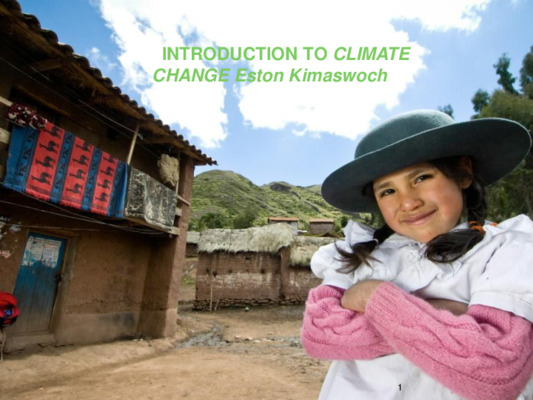About Eston Kimaswoch
I'm passionate about Natural Resource Management and Environmental Conservation, Community Development, Sustainable livelihoods gender and social inclusion, I have strong background in partnership building, grant writing, and fundraising. My expertise lies in designing and implementing impactful projects in Natural Resource Management, climate resilience, adaptation and mitigation, Sustainable livelihood development, Community engagement, stakeholder collaboration whilst ensuring long-term benefits for both communities and biodiversity.
With over a decade of experience in the nonprofit and conservation sector, I have successfully mobilized resources, secured competitive grants, and led stakeholder engagements to drive sustainable solutions. I specialize in project planning, ecological research, advocacy, and training, equipping local communities with the knowledge and tools to build climate-resilient livelihoods.
I'm adept at designing and implementing capacity-building programs, advocating for gender equality, and fostering social inclusion within marginalized communities. My expertise in resource mobilization, community engagement, and advocacy equips me to make meaningful contributions to empowering marginalized groups and supporting the growth of NGOs, INGOs, and MSMEs. I am eager to create sustainable impacts through collaborative approaches involving stakeholders such as policymakers, donors, and entrepreneurs
Key Achievements
✅ Secured Funding for Conservation Initiatives
✅ Designed and Implemented Climate-Smart Livelihood Programs – Led initiatives in agroforestry, beekeeping, permaculture, and Farmer-Managed Natural Regeneration (FMNR) to enhance food security and environmental sustainability.
Skills & Expertise
✔ Grant Writing & Resource Mobilization
✔ Project Planning & Management
✔ Stakeholder Engagement & Partnerships
✔ Climate-Smart Agriculture & Sustainable Livelihoods
✔ Conservation Advocacy & Community Empowerment
✔ Research, Monitoring & Evaluation
✔ Training & Capacity Building
✔ Policy Development & Risk Assessment
✔ Gender-sensitive conservation strategies
Let’s Connect!
Which category below best describes the type of organisation you currently work for/or run?
Areas of expertise
Would you be willing to be approached and share your lessons learned in your area(s) of expertise with our community?
Would you like to be added to the calendar invitation for our monthly WildHub Socials?
Are you currently signed up for one of our WildTeam training courses? Please select "No" if you are not signed up, or choose the course you are registered for below.
Influencer Of
Nervours Daka
Donor Relations Specialist, AFRICAN HEALTH VOLUNTEERS FOR EMERGENCY RESPONSE RESCUE AND REFERRALS PARTNERSHIPS

Recent Comments
Thank you for sharing this resource, Eston. For which audiences have you used this presentation?
Dear Thirza
This is for Secondary/ High school's teacher's and university students in Kenya
Regards
Eston
A warm welcome to WildHub, Eston! Wonderful to have you join us and thank you for sharing about your background. Which connections and/or knowledge are you hoping to gain through your WildHub membership?
Thanks Thirza for the warm welcome
I'm there for learning and networking but more importantly, i joined wildhub with the objectives of :
1. Knowledge Sharing
2. Collaboration Opportunities
3. Awareness and Advocacy
4. Professional Development and
5. Community Engagement
Hello Eston! Welcome!!
Your work in Conservation Education and awareness creation is crucial for fostering a culture of environmental stewardship from a young age. Teaching students about the importance of conserving natural resources and biodiversity helps build a foundation for future generations to engage in sustainable practices.
I'm excited to connect and learn more about your projects and how you're making an impact in schools.
Keep up the great work in shaping young minds for a greener future! 🌍🌱